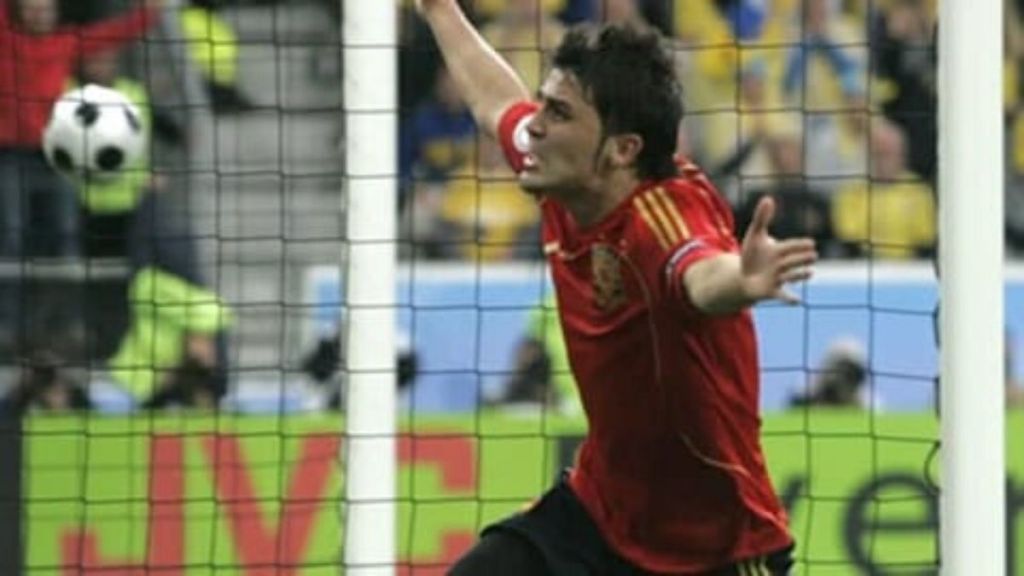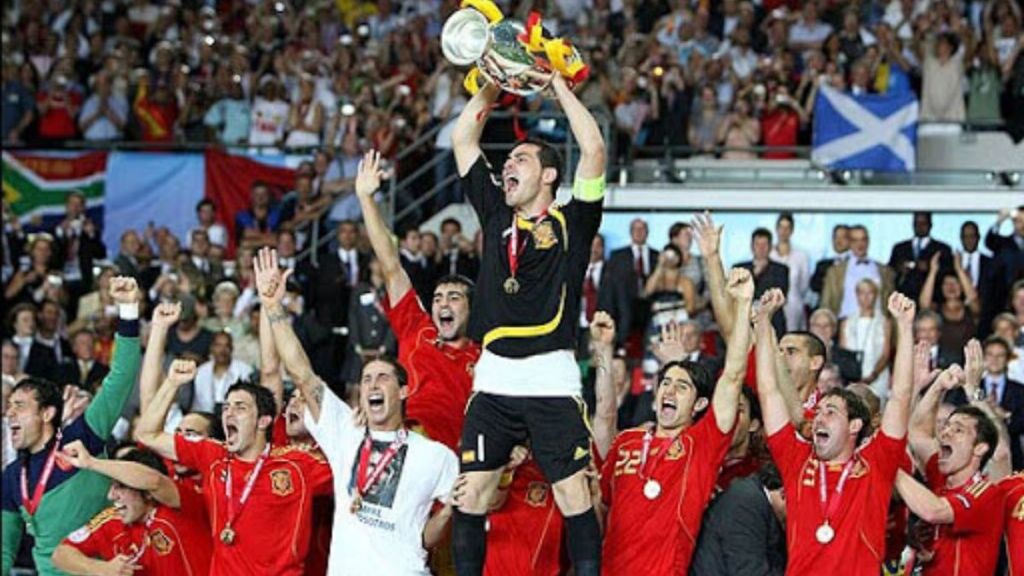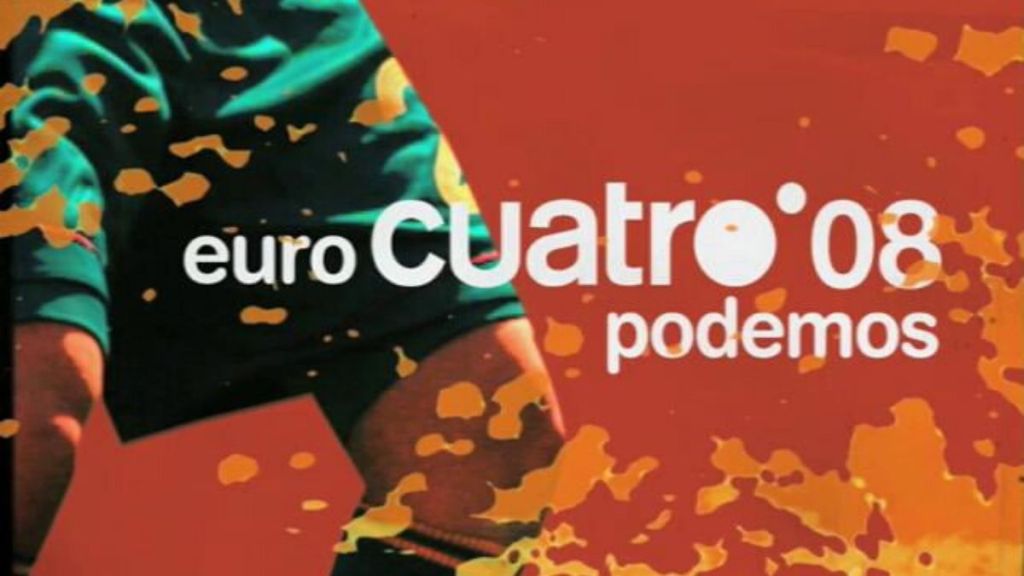The 21st of June 1964, a balmy evening in the Santiago Bernabéu, Madrid. Marcelino pops up with a goal in the 84th minute to break Soviet Union hearts, and to ultimately give Spain their first major trophy; the European Nations’ Cup. It was reckoned at the time that this would be the first of many titles that would begin to roll in for this great footballing nation.
Little did they know, it would not only be the country’s first major success, it would also be the last major trophy they would win for another 44 years. La Furia Roja may well have won it four years previously, but they had been disqualified for refusing to travel to Moscow in 1960 to play the Soviet Union. On this occasion, General Franco let his team play the Soviets. The rest as they say is history, but alas so it remained: history.
Spain had always been the nearly-men at major tournaments, boasting stunning talent but rarely, if ever, getting past the quarter-final stage of either the European Championships or the World Cup. Bar being runners-up at the ’84 Euros in France, Spain hadn’t reached the semi-finals of any tournament since their fateful triumph in front of Franco back in 1964. But that was about to change.
In January 2008 a then little-known United States Senator from Illinois stood in front of a roaring crowd and uttered the three famous words that would define a generation: Yes We Can! Almost four thousand miles away in Madrid, a plucky TV station was listening.
One reason for the continued failings of the Spanish national team, it could be argued, was the lack of unity in the nation, the lack of unity in the dressing room and the lack of belief amongst the masses that Spain could actually win a major tournament. But these three words had the potential to change all that, and there was precedent to suggest it could succeed.
In 2007 an utterance by King Juan Carlos I to Venezuelan President Hugo Chávez, at the Ibero-American Summit in Santiago, became the soundbite of the year: ¿Por qué no te callas? (Why don’t you shut up?) It would become the sound of the playground, t-shirts were printed, baseball caps adorning the phrase filled the streets of the country. It became the phrase to semi-unite the country in humour, a phrase that gave as much pride in Madrid as it did in Barcelona and even in Bilbao.
Fast forward a year and Spanish TV station Cuatro, beginning their advertising campaign for broadcasting the upcoming Euros, decided to cash in on Obama’s slogan that would ultimately unite the nation. Translated to Spanish and tidied up for posterity, ‘Podemos’ became the word to believe in.

With talent in every position and even in reserve, the Spanish squad in 2008 was, at least on paper, the best gathering of players, if not of all time then certainly in a generation. All was set for them to finally end their tournament hoodoo. But talent has rarely been the issue when it came to the Spanish team. Division and identity have always been the problem.
From within the team, to the population at large, Spain has always been a country divided. Two of the county’s larger regions, El País de Basque and Catalonia, have been edging and fighting towards and for independence ever since their inclusion as part of the Spanish nation. National newspaper El País have noted, when analysing La Selección’s performances in various tournaments, that a successful national team needs fighting spirit, a national identity and good tactics. When the tactics fail, they can rely on the fighting spirit – hence the team’s nickname, La Furia Roja (The Red Fury).
But the issue that dogged the side in the 80s, 90s and early 00s was misplaced fighting spirit. Loyalties to Madrid and Barcelona, both political and sporting, caused a divide that affected the identity and unity of the national team. Scenes of modern day players such as Gerard Piqué arguing with centre-back partner Sergio Ramos have yet again become part and parcel of the Spanish team, but for one summer at least, all were united.
As the tournament in 2008 edged ever closer, the sound of the Obama-inspired Podemos became ever louder. In a country whose national anthem has no words, Podemos España became the song to sing. With only two words, ‘Podemos’ and ‘Sí’, it was an easy one to learn and quickly went viral. From the young in classrooms, to the not-so-young playing dominoes in the park, Podemos became the word to believe in, the word to preach, the word to scream from rooftops.
Maybe this was the year. Maybe they could finally do it. The word went everywhere. Even stretched across the team bus at the tournament. The country believed. If anyone asked ‘can we?’ The answer was simple ‘Podemos!’.
The Twenty-ninth of June 2008, the sun was setting on the Ernst-Happel Stadion in Vienna. Fernando Torres, a boy from Madrid, latches onto a pass from Xavi Hernández, a proud man from Barcelona, to chip the ball over Jens Lehmann into the bottom corner and put Spain one-nil up with only his second goal of the tournament. The chants of Podemos, Podemos, Podemos, Sí began to lift the rafters of the old stadium, the words echoed through the main square in Madrid, down Las Ramblas in Barcelona and into the hearts of the nation and the players.
They believed. They all believed. Could they? Yes they could, yes they did, and as Iker Casillas cleared the ball high into the stands, the referee blew the final whistle. It was done. Spain had won their first major trophy since that fateful night in Madrid in ’64. The difference this time though was it was the first of many titles that would begin to roll in for this great footballing nation, as they added the World Cup in 2010 to another European Championship in 2012.

If there was anyone out there who still doubted that Spain could be united and triumph together that night was their answer. It had been a long time coming, but that night, because of what one word did at that defining moment, change came to Spain.
It grew strength from the young people who sang together in the playground. It drew strength from the not-so-young people playing dominoes in the park, and from the millions of Spaniards who lined the streets and squares of their towns and cities. It proved that 44 years later a team of the people, by the people, and for the people had the potential to triumph and allow many years of national sporting despair to vanish high into the summer sky. This was their victory. Epitomised by a timeless creed that summed up the spirit of a nation: Podemos.


Leave a comment